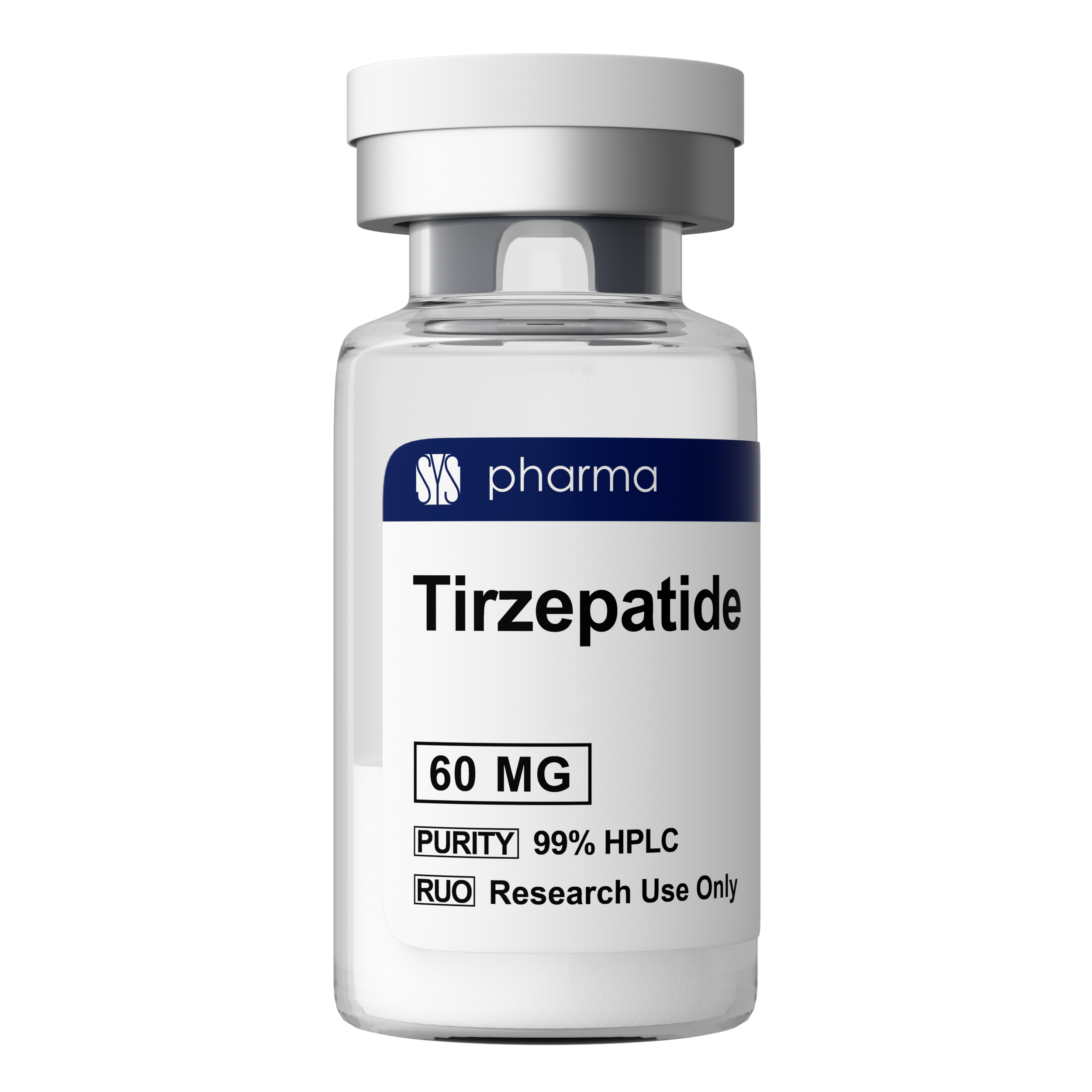How to treat the "strategic abandonment" of multinational pharmaceutical enterprises to research projects?
-
Last Update: 2016-07-01
-
Source: Internet
-
Author: User
Search more information of high quality chemicals, good prices and reliable suppliers, visit
www.echemi.com
Source: Bio exploration 2016-06-30 how to select excellent new drug varieties suitable for the enterprise's own conditions has always been a matter of great concern for multinational pharmaceutical enterprises As we all know, the development of new drugs has the characteristics of high investment, high income, high risk and long cycle When the project progresses to a certain extent, it is a pity to choose "strategic abandonment" for a certain variety due to some reasons, but sometimes this practice is more about the timely rescue of human and material resources and financial resources of the company, as well as the scientific research ability and market vision of the enterprise The unique embodiment of In recent years, multinational pharmaceutical companies "give up" project (1) Pfizer: Remoxy Remoxy is a common analgesic drug oxycodone gel sustained release capsule, is an anti abuse, slow release oxycodone preparation, its dosage form is gel like high viscosity capsule, it is difficult to crush or combined with water and other solvents to save content, can effectively prevent oxycodone abuse As a result, remotxy was once considered to have a broad market prospect, which was one of the reasons Pfizer invested in the acquisition of King Pharma in that year At the same time, the follow-up of competitors' products led to the bleak market prospect of remoty Pfizer finally had to give up the project and return all the rights of remoty to its partners, pain therapeutics and durect At the same time, Pfizer said that it would not carry out any development of remoty (2) Sanofi: sar3419 sar3419 is an antibody drug coupling formed by coupling the antibody targeting CD19 protein with the anti-tumor drug maytaninoid Because CD19 is widely expressed on many tumor cells, sar3419 will have better specificity than traditional drugs In the previous phase II clinical study of DLBCL, the objective response rate of patients to sar3419 reached about 43.9% Many analysts believe that the drug has the potential to enter the market as a new tumor class II drug Sar3419 was jointly developed by Sanofi and immunogen For strategic decision, Sanofi chose to give up the development of sar3419 This decision affected immunogen The share price of the company fell 11% after the news release In addition to sar3419, Sanofi and immunogen still have sar650984, sar566658 and sar408701 in R & D partnership (3) AstraZeneca: brodalumab brodalumab is a novel monoclonal antibody, which inhibits the inflammatory signaling pathway by blocking the binding of IL-17 ligands to receptors IL-17 plays a key role in the induction and promotion of inflammatory diseases Brodalumab has been developed for the treatment of moderate to severe plaque psoriasis and psoriatic arthritis Phase III clinical project has been completed It is planned to submit regulatory application documents for the treatment of moderate to severe psoriasis to the United States and the European Union by the end of the year As clinical data have shown that brodalumab may be related to the suicidal tendency of patients, Amgen has terminated the cooperation with AstraZeneca on brodalumab, after which AstraZeneca authorized Valeant with exclusive right to develop and commercialize brodalumab Under the agreement, Valeant will pay AstraZeneca $445 million (4) Bayer: riociuat riociuat, an innovative drug developed by Bayer, acts on guanylate cyclase It is mainly used in the treatment of pulmonary hypertension (PAH) and chronic thromboembolic pulmonary hypertension (CTEPH) It is the first SGC agonist In 2013, it was approved by FDA as a commercial name adempas for the treatment of two types of pulmonary hypertension, including postoperative (failed to operate) thromboembolic pulmonary hypertension and unknown cause pulmonary hypertension Since there is no approved treatment for indications of pulmonary hypertension (ph-iip) associated with idiopathic interstitial pneumonia in the market, Bayer hopes to use riociguat to meet the urgent demand for this indication in the market Based on the previous clinical research data of the company, Bayer entrusted an independent data analysis Committee (DMC) to analyze the data of its research, and DMC finally suggested that the company suspend the development of riociguat Bayer decided to suspend its clinical study on the treatment of ph-iip by riociguat, and said it would keep the patients involved in the clinical study for at least four months (5) TIWA: mpc-150-im mpc-150-im, as a first-line candidate drug, is composed of nearly 1.5 million stromal precursor cells and works by directly injecting them into cardiomyocytes of patients with chronic heart disease (heart failure) In damaged tissue, when some special receptor ligand interaction, MPC-150-IM can release a series of factors, which can induce the functional recovery of damaged cells through a variety of ways At first, mpc-150-im was developed by mesoplast, which was once regarded as a blockbuster with the potential to become the annual sales peak of 4.1 billion US dollars Teva held about 14% of the shares of mesoplast through the acquisition of cephalon With the efforts of Teva, mpc-150-im has successfully advanced to the later stage It may be because of the need of development strategy, Teva gave up the continuous development of mpc-150-im, and returned all rights to mesoblast company, which continued to push forward It is preliminarily estimated that the follow-up R & D cost of mpc-150-im will be about $100 million What are the characteristics of "strategic abandonment" of research projects? Through the above cases, it is not difficult to find that when there are "defects" in products, uncertain market prospects, and too many applications, multinational pharmaceutical companies usually consider the "strategic abandonment" of the project In mature market economy countries, the proportion of R & D cost invested by pharmaceutical industry in global sales is far higher than any other industry In such an environment of high R & D investment, enterprises have to give up some projects strategically (1) The first drug in a certain field or the untapped market of problem products is usually favored by the tycoons Shareholders are more willing to spend a large price on these products and projects with the characteristics of market monopoly in the future However, for products with "defects" or "hidden dangers", large pharmaceutical companies often do not re inject or even abandon the injection A product needs not only R & D, but also a stable production line and excellent sales team after getting the approval Otherwise, no matter how good the product is not promoted, it is doomed to encounter Waterloo Therefore, if the future market is not broad due to the existence of "defects" and "hidden dangers", the overall consumption of human and material resources and financial resources is not cost-effective for large pharmaceutical companies (2) In recent years, many multinational pharmaceutical companies have chosen the R & D mode by focusing on their own fields, streamlining R & D departments and reducing R & D funds For example, Pfizer reduced its R & D expenditure by US $1.5 billion in 2011, and closed its R & D center in the UK; Merck closed 9 R & D centers in Europe and the United States, and chose to focus on some diseases Through years of observation, it is found that due to the fierce competition in the pharmaceutical industry and the absence of "carrier level" transnational pharmaceutical enterprises, it is not a wise choice for pharmaceutical enterprises to expand their product lines Focusing on the areas that they are good at and building their own brands have obviously benefited the focused enterprises For example, Novo Nordisk, which specializes in diabetes, has experienced a real "sweet spot" due to its high sales volume over the years (3) The mode of selling "chicken ribs" products "joint R & D" by using its own position in the process of joint R & D has existed in pharmaceutical enterprises for many years To carry out the R & D cooperation of a project through the technology complementarity between enterprises will usually speed up the R & D progress, and thus the products can enter the market quickly However, when there is a "problem" in a product, enterprises with high status and discourse weight often abandon and sell the "chicken ribs" product As partners (usually the initiator of the project), sometimes they have to take over such hot potato Generally speaking, there are many cases in which one party abandons the project selectively due to the company's strategy, and the other party has to undertake the project due to the partnership, for example, the relationship is sound, and vice versa Summary: in recent years, not only multinational pharmaceutical companies give up their research projects selectively and strategically, but also some internal departments of the company are packaged and sold as a whole, so as to simplify the structure and specialize in the fields they are good at It is better not to offend the river than to meet with a short army, which has become the tacit understanding of multinational pharmaceutical enterprises Strategic abandonment of research projects can not only save the company's losses in time, but also extract resources from all aspects, so as to better carry out drug research and development However, even in the early stage of a project, the investment is often a huge amount How to kill the project timely and accurately is a huge test for decision makers!
This article is an English version of an article which is originally in the Chinese language on echemi.com and is provided for information purposes only.
This website makes no representation or warranty of any kind, either expressed or implied, as to the accuracy, completeness ownership or reliability of
the article or any translations thereof. If you have any concerns or complaints relating to the article, please send an email, providing a detailed
description of the concern or complaint, to
service@echemi.com. A staff member will contact you within 5 working days. Once verified, infringing content
will be removed immediately.







